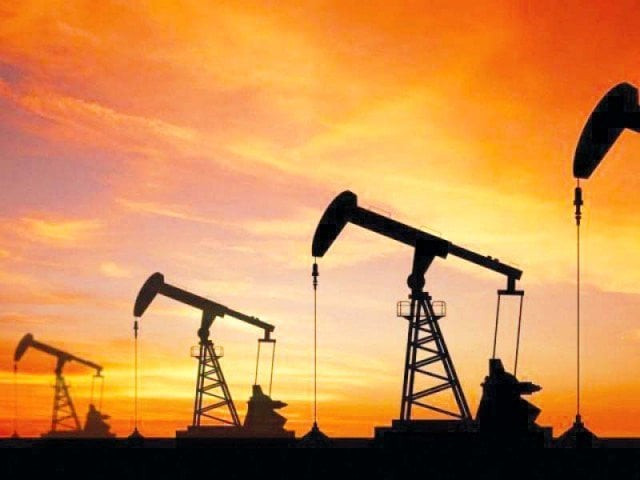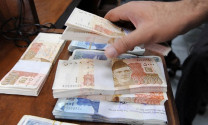Gulf economies to recover but face oil volatility: IMF
Global lender predicts GCC will grow 2.4% in 2018 and 3% in 2019

Global lender predicts GCC will grow 2.4% in 2018 and 3% in 2019.
PHOTO: FILE
The global lender predicted that an overall energy price recovery from 2015-2016 lows would spur the economies of the six-nation Gulf Cooperation Council (GCC) to grow by 2.4% in 2018 and 3% in 2019, after a contraction of 0.4% last year.
Grouping Bahrain, Kuwait, Oman, Qatar, Saudi Arabia and the United Arab Emirates, the GCC states together pump over 17 million barrels per day and depend heavily on crude revenues. But “the growth outlook for oil exporters remains subject to significant uncertainty about the future path of oil prices,” the IMF said in its Regional Economic Outlook for the Middle East and North Africa (MENA).
After their earlier extended recovery, oil prices have shed a fifth of their value in just one month, with Brent crude trading on Tuesday at under $70 a barrel for the first time since April.
IMF Director for the Middle East and Central Asia Jihad Azour said the decline in oil prices will not impact the lender’s forecasts because they were based on prices of around $70 a barrel.
“It is clear that oil prices are volatile and becoming more so recently,” said Azour, who urged GCC states to consolidate their economic stability.
“If there is one lesson to learn from this it is that countries need to ... use this as an opportunity to increase their (fiscal) buffers, reduce their level of deficit ... and as a way to accelerate some of their structural reforms,” Azour said. He said oil prices are forecast to further decline to around $60 a barrel, adding that while GCC states have made some progress in economic reforms and the introduction of value-added tax by Saudi Arabia and the UAE, they still need to do more.
Oil prices climb after Saudi Arabia announces production cut
They have to rationalise spending, reduce current expenditures used mainly for salaries and defence, redirect subsidies to serve the needy only and raise spending on infrastructure and education, he said. The IMF still needs a few months to assess the implementation of VAT in Saudi Arabia and the UAE “but based on the feedback we got from authorities it was smooth and the impact on prices was fairly limited,” he added.
SHC seeks details of oil and gas companies’ development funds
The IMF called on GCC states, which are among the few countries with no taxation regimes, to impose corporate and personal income tax in order to diversify their revenue sources. Azour highlighted that the IMF has not raised this politically sensitive issue with authorities in the Gulf states.
Published in The Express Tribune, November 14th, 2018.
Like Business on Facebook, follow @TribuneBiz on Twitter to stay informed and join in the conversation.



















COMMENTS
Comments are moderated and generally will be posted if they are on-topic and not abusive.
For more information, please see our Comments FAQ